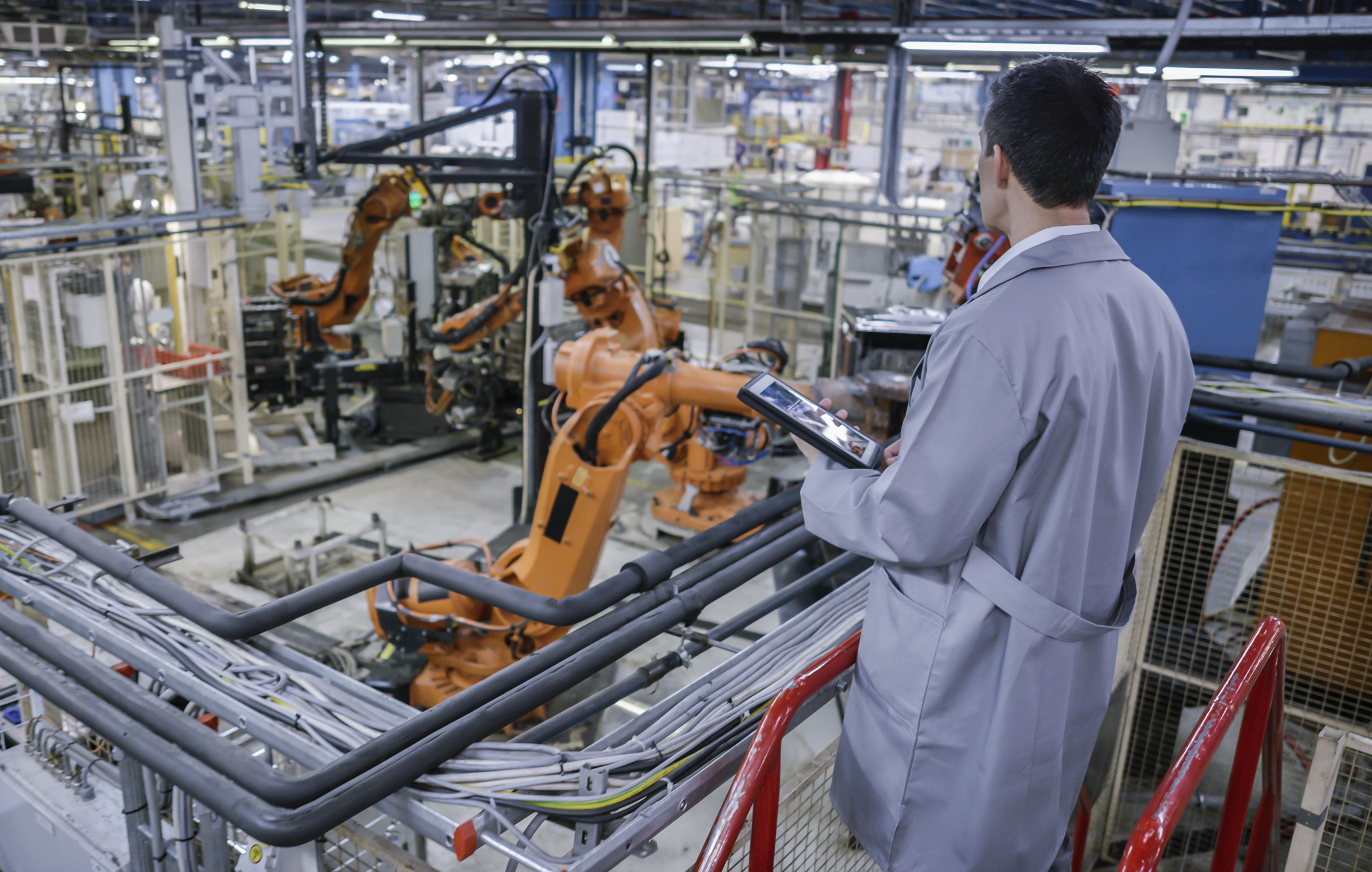In the most general sense, industrial automation can be defined as using technological resources, including machines, software, and information technologies, to complete industrial processes with minimal human intervention.
While the concept of industrial automation may conjure up images of robotic arms on an assembly line, the reality is that industrial automation encompasses a much broader range of technologies and applications. It uses industrial control equipment from simple process control and monitoring to more complex discrete manufacturing and process optimization, industrial automation can be found across various industries and applications.
Despite its ubiquity, there is still some confusion about what industrial automation is and what it can do. In this blog post, we’ll aim to clarify some of that confusion and give you a better understanding of what industrial automation is, what it isn’t, and some of its key benefits.
What Is Industrial Automation Engineering?
Industrial automation engineering is the process of designing, creating, and maintaining automated systems used in industrial settings. This process can involve developing new automated machines to improve existing systems. Industrial automation engineers must have a strong understanding of mechanical and electrical engineering and computer science. They use this knowledge to create safe, efficient, and reliable systems.
What Kind of Equipment Is Used in Industrial Automation?
The industrial revolution saw the introduction of various new technologies that led to mass production and an increase in efficiency in various industries. One of the most important aspects of this revolution was the introduction of industrial automation and industrial control equipment. This type of equipment is used to automate various processes in an industrial setting, which can lead to increased productivity and efficiency. In addition, this type of equipment can also help to improve safety in an industrial setting by reducing the need for human intervention in potentially dangerous situations.
Different types of Industrial Automation systems:
Fixed Automation
Fixed automation is a type of automation where the equipment is permanently fixed in place. This means that once the equipment is installed, it does not need to be moved again.
Programmable Automation
Programmable automation is using machines to automate tasks that would otherwise be completed by hand. This type of automation can be used in various industries, from manufacturing to food and beverage production.
Flexible Automation
Flexible automation is a type of automation where machines are integrated into a system that can easily be reconfigured to produce different products. This is in contrast to fixed automation, where machines are dedicated to specific tasks.
Integrated Automation
Integrated automation is a form of industrial automation that combines machines, control systems, and information technologies to achieve a higher level of productivity. This type of automation can be used in a variety of industries, including manufacturing, automotive, food and beverage, and more.
Conclusion
Industrial automation is using industrial control equipment to automate a manufacturing process. Industrial control equipment is used to control and monitor the operation of machinery and processes in an industrial environment. By automating the manufacturing process, manufacturers can increase efficiency and productivity while reducing costs.



